What is modern masculinity? I gave this great thought when I started working on my project, 2026, a vision of black masculinity ten years in the future. I wanted to create a utopia where you can be whatever you want to be, without emphasis on masculinity or sexuality; I wanted men, in particular black men, to just be able to be. I wanted to allow black men to be able to breathe like every other type of man has been able to breathe for centuries. I wanted to imagine life ten years in the future, in 2026, where you can be what you want to in this world without the pressure of black masculinity lingering over you.
Modern sexuality is so much more than clothing. It’s what you live, it’s what you experience, and ultimately, what you want to be. Sometimes you have to reject it; you might personally find out what your sexuality means to you, but that can be when you find your instinctive self. There is always a sense of rejection regarding male sexuality, especially in the black community, but the moment you come into your sexuality, you begin to appreciate your inner being, and that can become a stronger outward statement with the clothing you wear.

The media covers one aspect of black masculinity and sexuality and that is typically the African American experience; for years, a hyper specific experience has been generalized into one ideal. It tends to be forgotten that black British people are different from African Americans, and African Americans are different from Africans from Africa, and Africans are different from Latin Africans. While we all share a similar story as part of the same diaspora, we are not the same. If you define the whole African race off of the African American experience only, you are ignoring a much deeper story.
Take for instance Barack Obama; he is one of the most visible and influential men in the world. When you think of a black man, maybe you think of power, and toughness, pomposity, and aggressive strength? A man who is willing to cry on television for something that is close to his heart, like Barack, redefines black masculinity. It changes the image black men, particularly those in positions of influence, have been taught and enforced to upkeep.
Creating images that depict vulnerability and sensitivity, as well as pride, are the sorts of things I want to shine a light on in my work. Through it I believe black males are not powerless; they communicate even more strength.
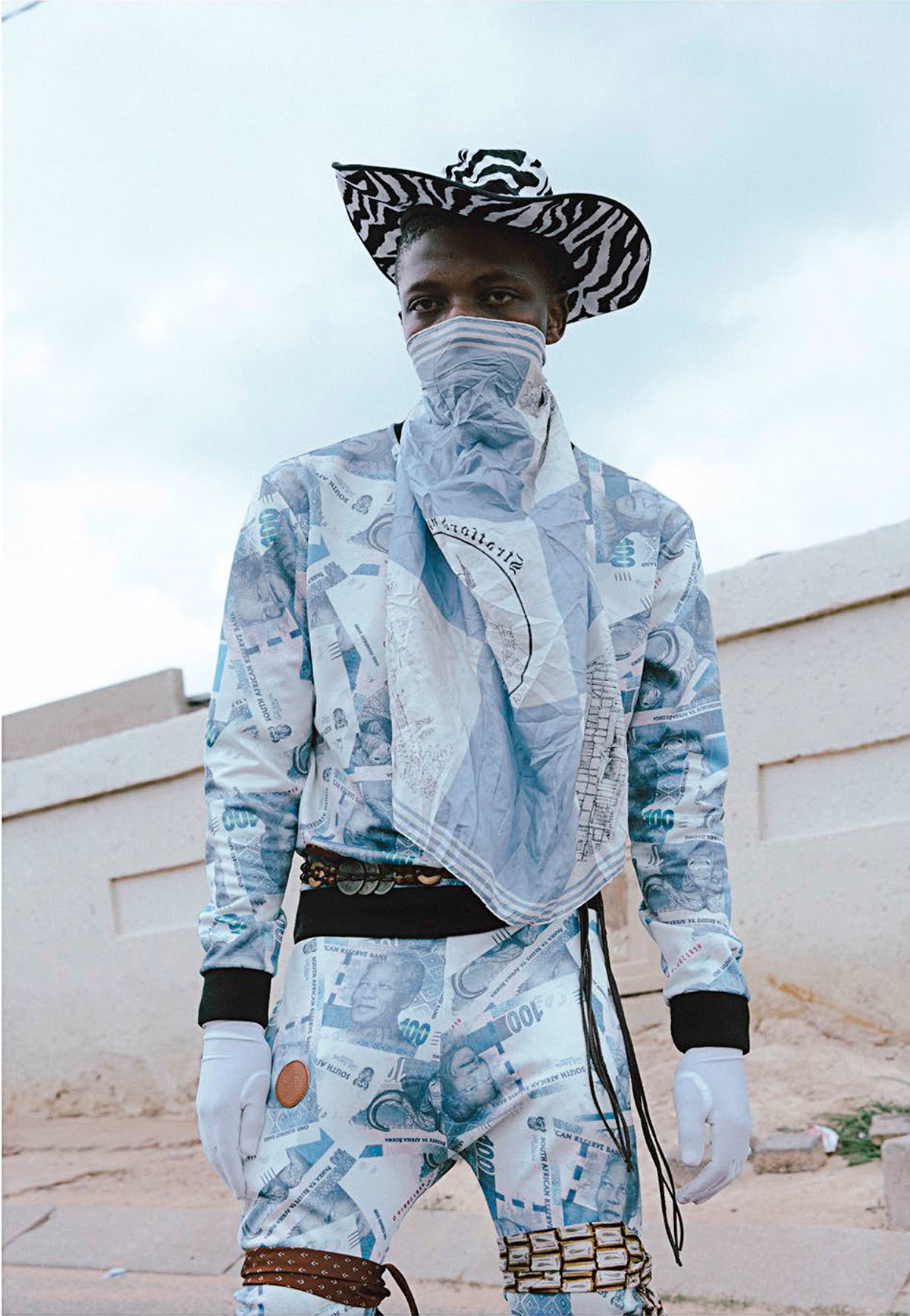
My mentor, Barry Kamen, had an innate sense of romanticism with the boys of color he styled. They were beautiful, powerful, they would break your heart and get their hearts broken; that isn’t something you often see. Black love is not expressed and shared enough to make you relate to it or even desire to see more of it. I think my other mentor, Simon Foxton, took black masculinity and put it on a pedestal — put it in your face where you have to deal with it in its full glory whether you like it, love it, or hate it. He is consistently pushing new visions beauty through his imagery. Simon’s boys are strong, attractive, and intelligent, whereas Barry’s boys are soft, sensitive, and caring. I believe allowing this versatility with respect to how black men are shown can shift the world’s perspective on black men. What I find so lovely about Kristin Lee Moolman’s work as a photographer is her ability to capture these black men and show them at their most powerful in environments that they may be unfamiliar with.
2026 is an escapism; it’s all the things I long to be, it’s the black man I aspire to be — expressive, confident, not holding back, regardless of sexual orientation, gender or race. So many kids have been shunned due to their families’ inability to conceptualize and accept the idea of homosexuality. When it comes the black male image, we have to ensure that what we are putting out into the universe is uplifting and positive, as the image of black sexuality is consistently being ripped apart. I hope this was achieved with 2026.
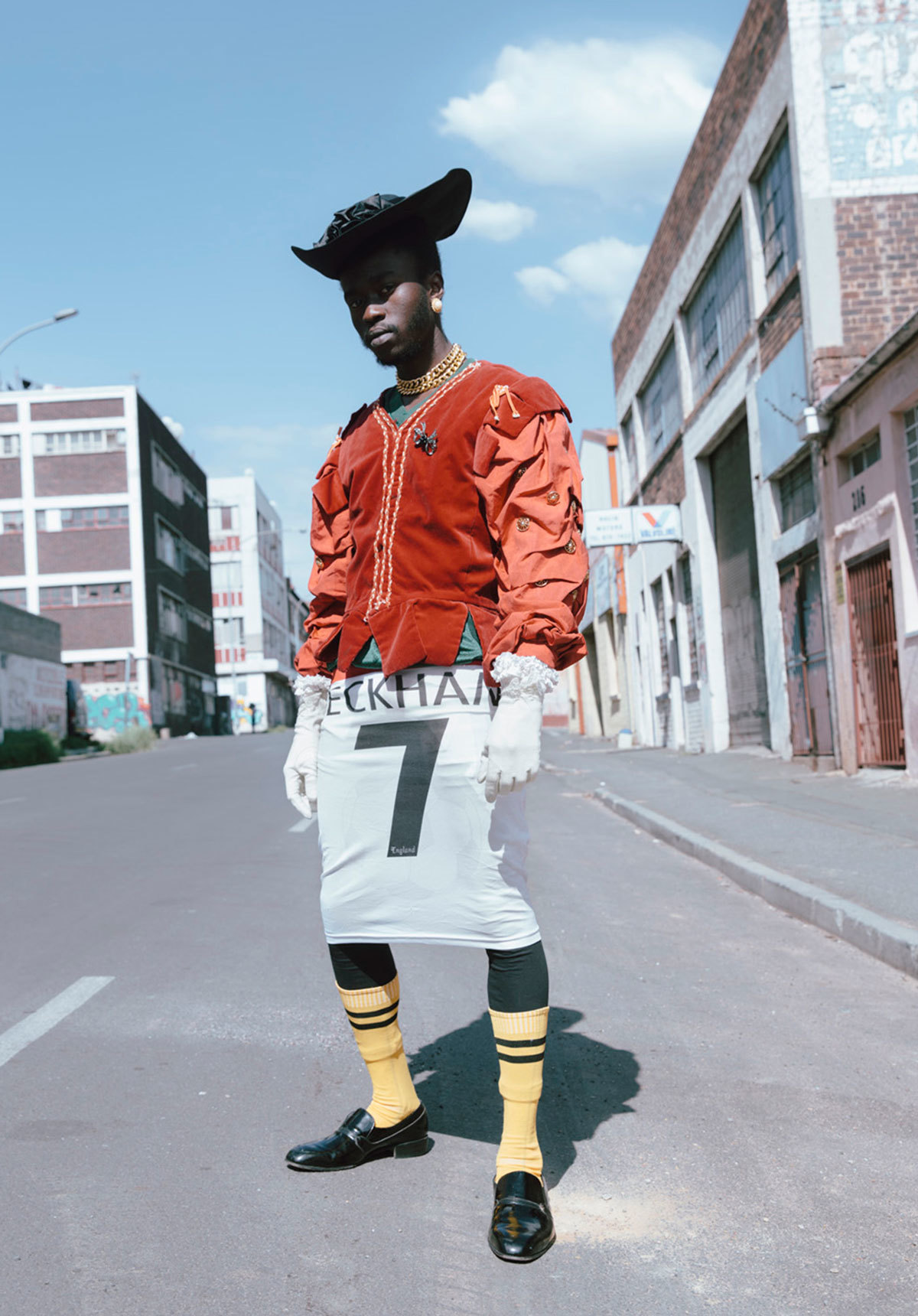
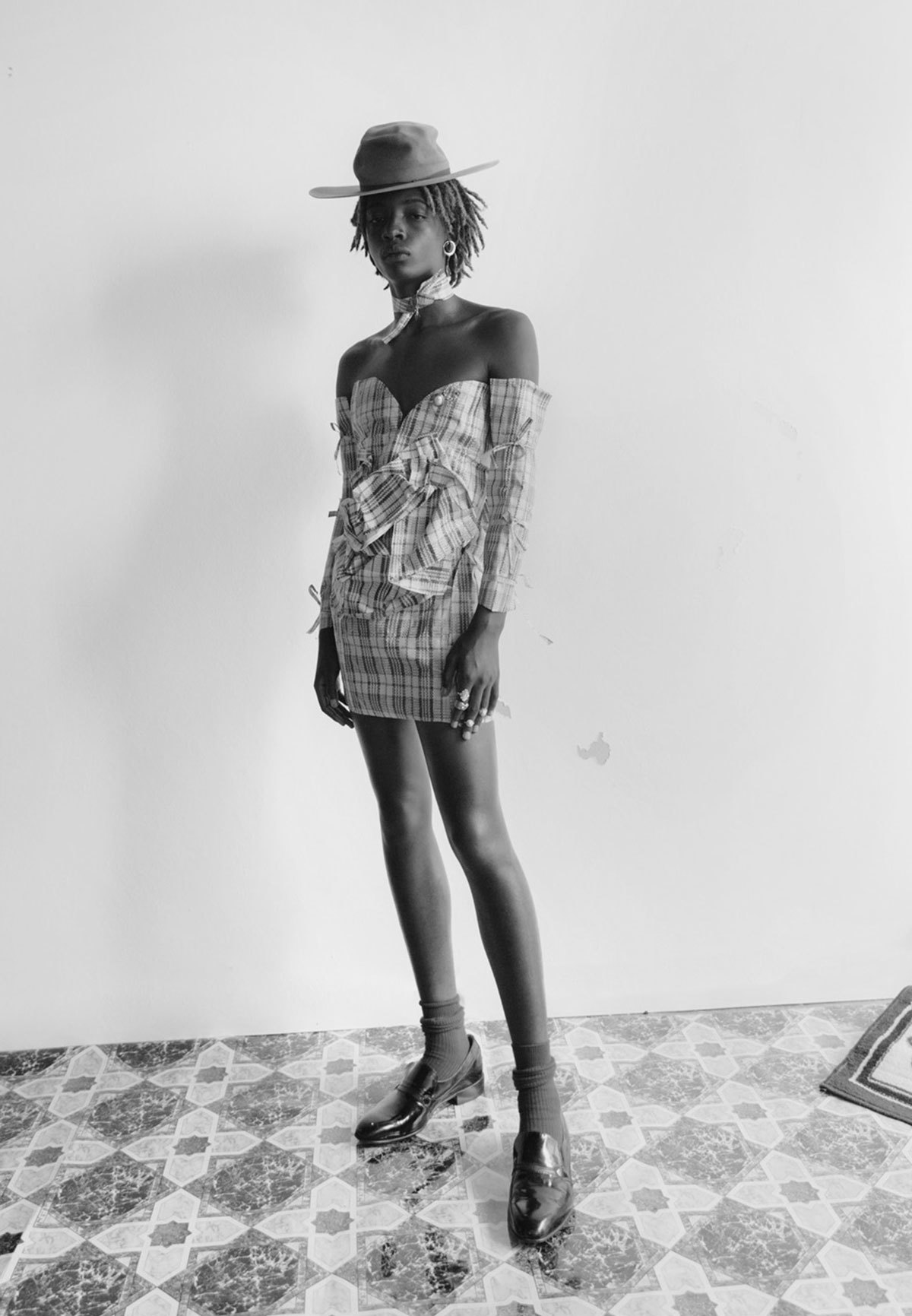

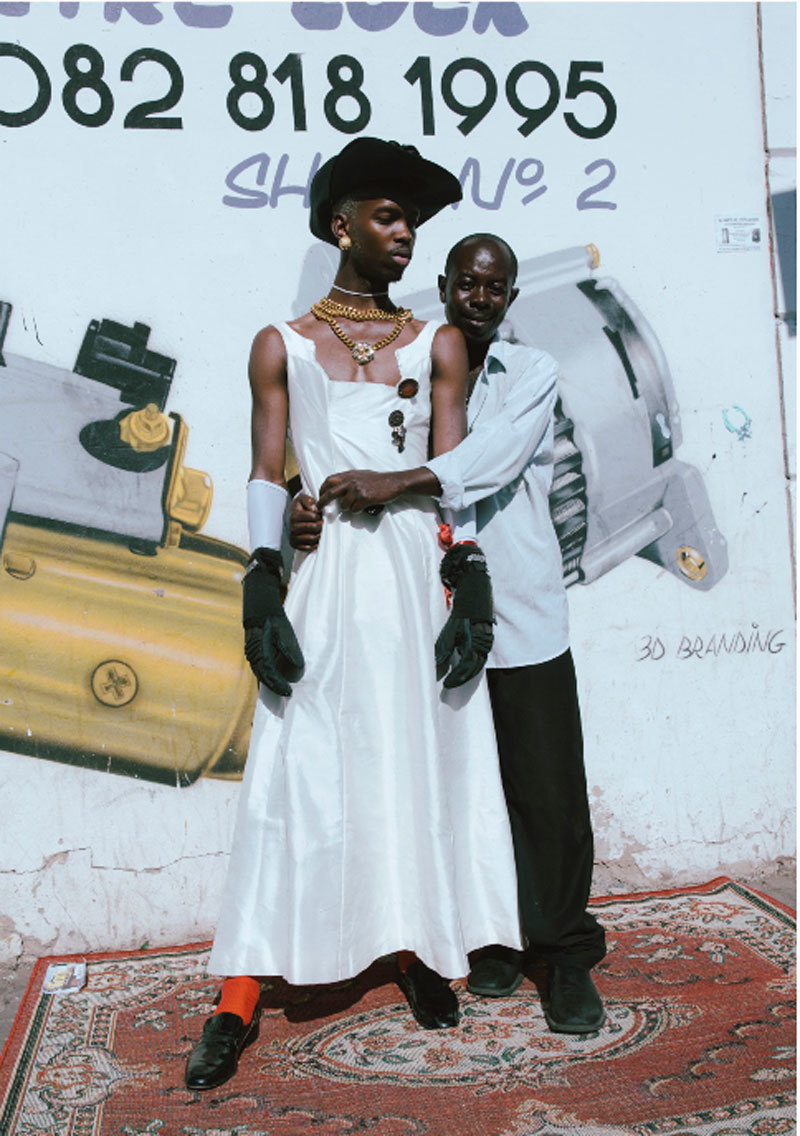
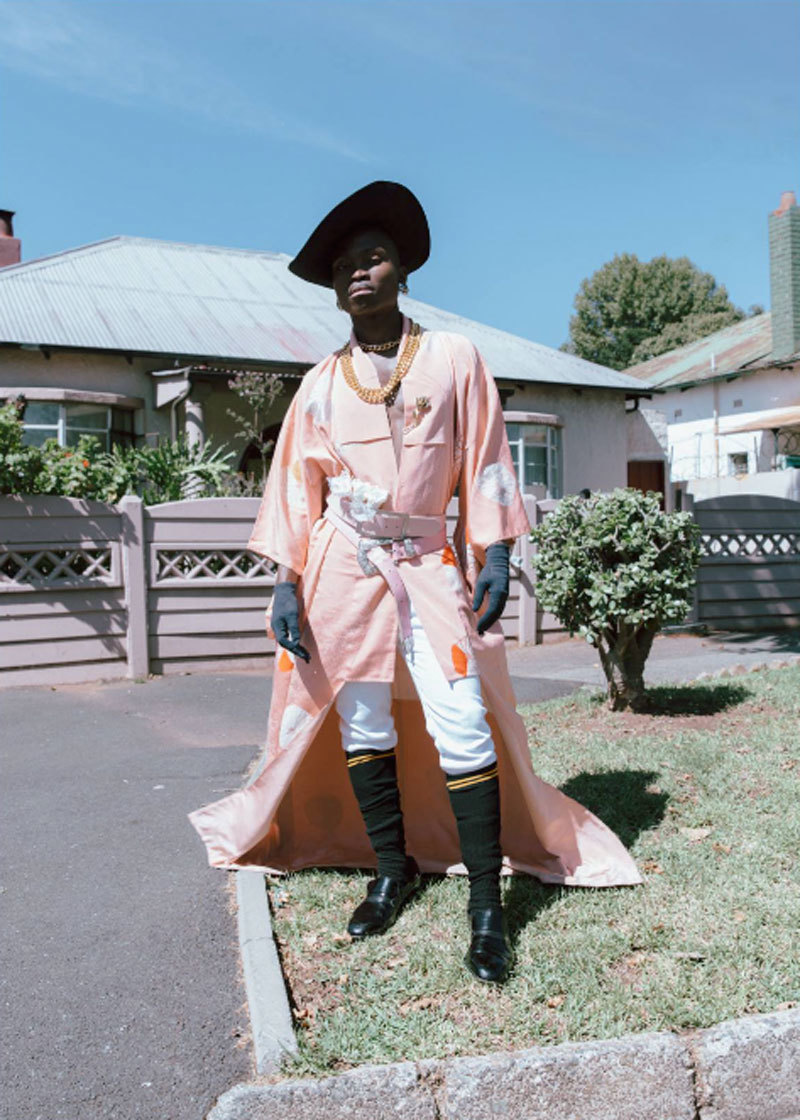
Credits
Text Ibrahim Kamara
Photography Kristin Lee Moolman
Styling Ibrahim Kamara
